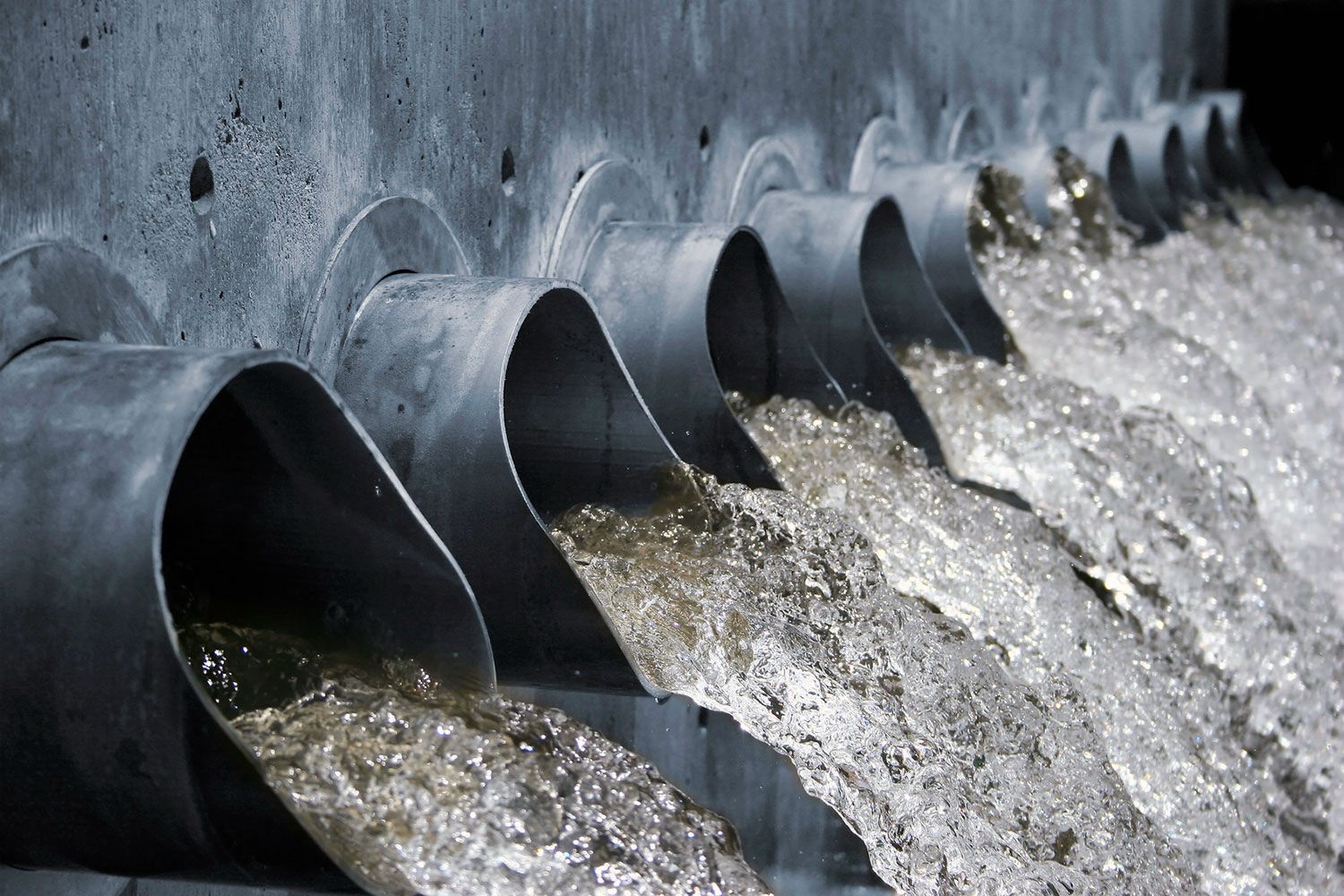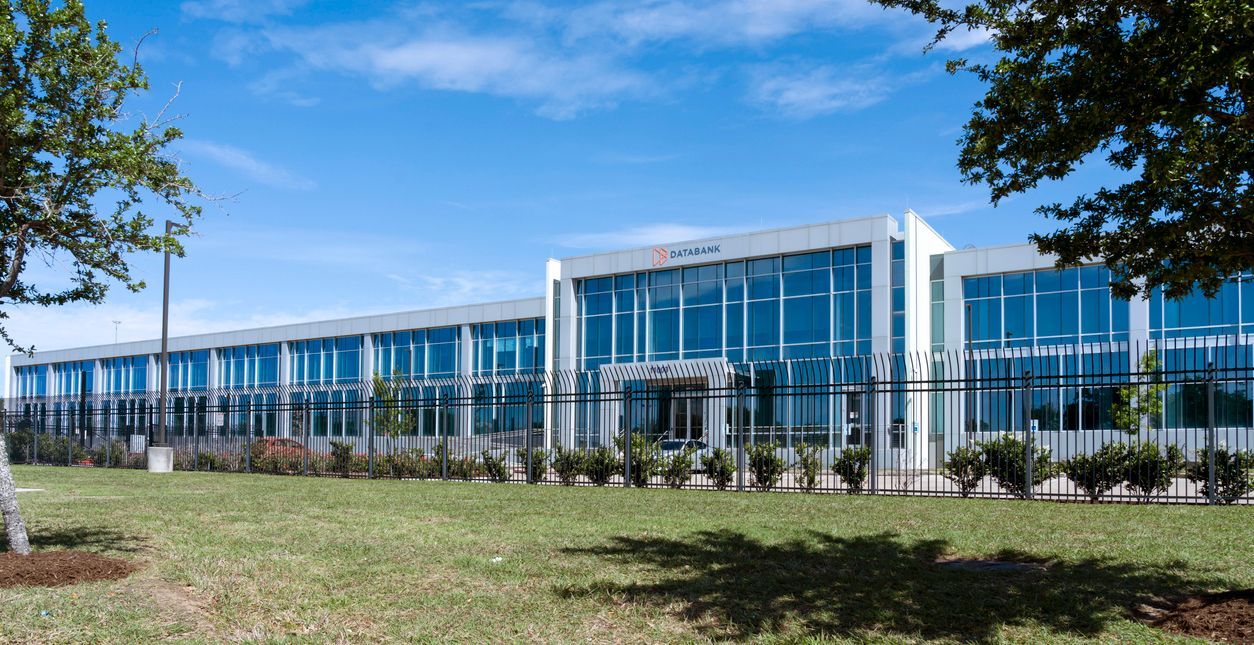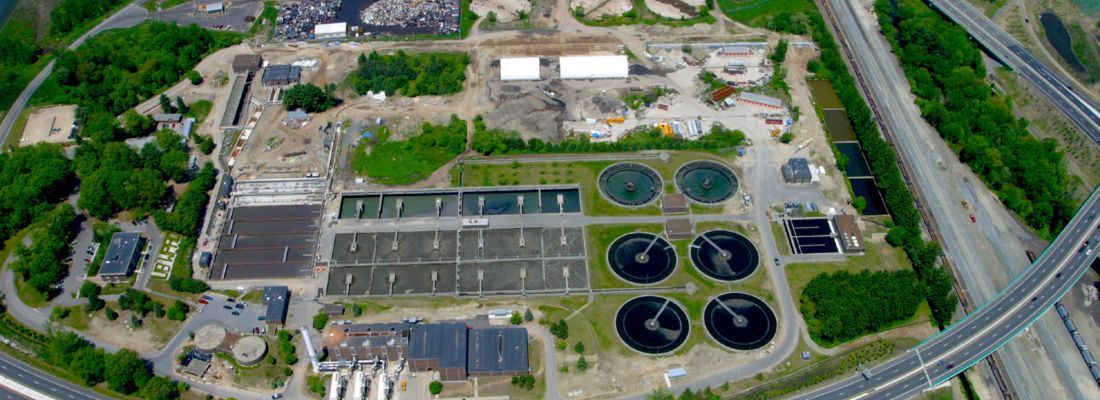FREQUENTLY ASKED QUESTIONS
Do You Have Questions? We Have Answers!
Below you’ll find answers to the most common questions we could think of regarding energy recycling. If you can’t find the answer you’re looking for, please feel free to contact us.
STEN BLOG - Recent Posts

As the world seeks innovative ways to reduce carbon emissions and improve energy efficiency, one often-overlooked resource is gaining attention - Sewer Thermal Energy. Wastewater, which constantly flows through sewer systems, holds an immense amount of thermal energy that can be harnessed to heat and cool buildings, reducing reliance on fossil fuels and lowering energy costs.

Sewer thermal technology is like turning a source of waste heat into something useful and environmentally friendly, making our energy systems more efficient and sustainable. By using these basic methods, you can gain a broader understanding of the introductory concepts of environmental benefits of sewer thermal technology.








